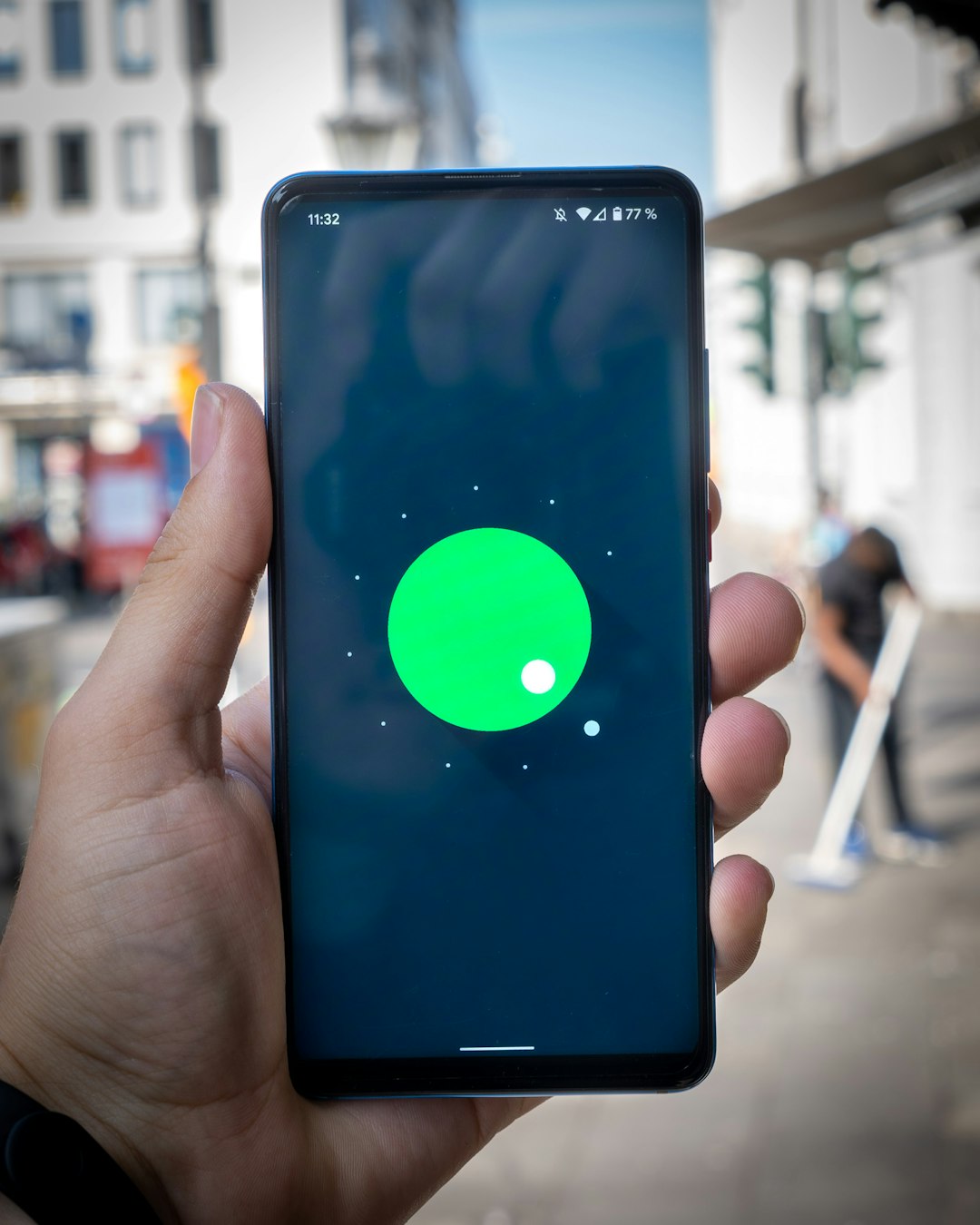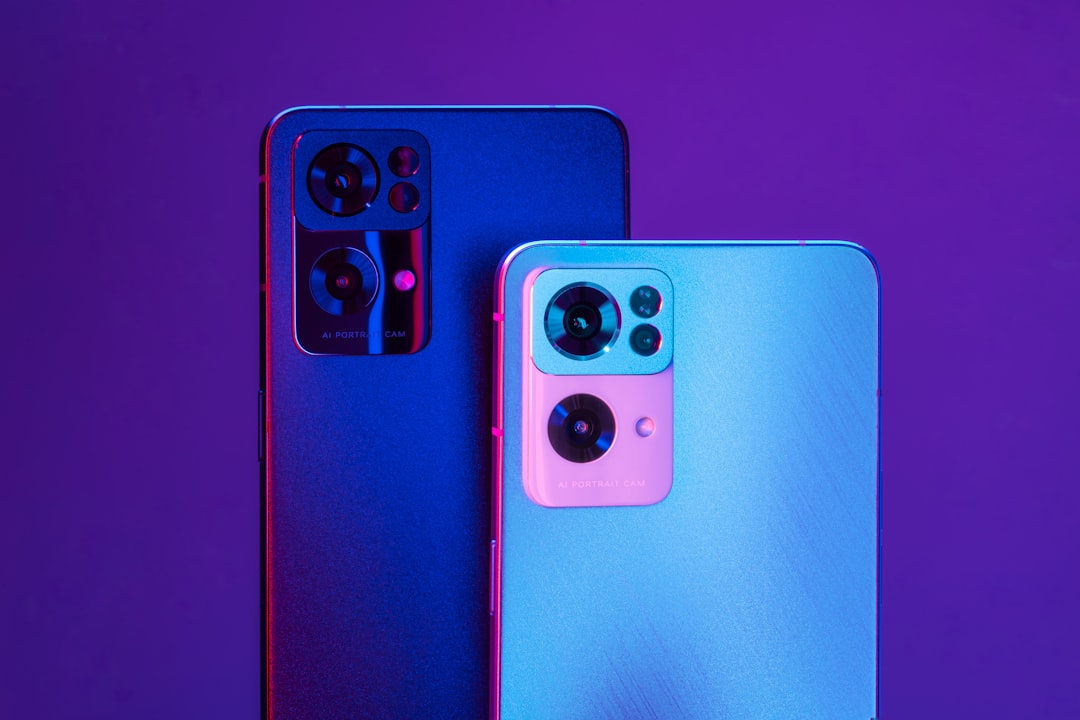In New Hampshire, robocalls from debt collectors are regulated by state and federal laws, including the Telephone Consumer Protection Act (TCPA) and Telemarketing and Consumer Fraud Act (TCFA). These laws protect residents from unsolicited automated phone calls without explicit written consent. Those facing persistent or incorrect robocalls can consult with specialized Robocall Lawyer NH or wrong number law firms to protect their rights and take legal action. Legal experts guide consumers on asserting their rights against debt collector intrusions, offering compensation for distress caused. Consulting these lawyers is advisable for those plagued by unwanted autodialer calls or mistaken debt collection attempts.
- Understanding Robocalls and New Hampshire Law
- When Does a Debt Collector's Call Become Illegal?
- Legal Recourse for Unwanted Robocalls in NH
- Navigating Regulations: Robocall Permissibility
- The Role of Express Permission in Stopping Autodialers
- Protecting Your Rights: Finding a Robocall Lawyer in New Hampshire
Understanding Robocalls and New Hampshire Law
In the digital age, robocalls have become a ubiquitous yet often annoying aspect of daily life. These automated phone calls, typically used for marketing or debt collection purposes, can be particularly intrusive when received unsolicited. New Hampshire has taken measures to protect its residents from these unwanted intrusions by implementing laws that govern robocall practices.
Under New Hampshire law, debt collectors and businesses must obtain express written consent before using automatic dialing systems (including robocalls) to contact consumers. This means a consumer’s clear and explicit permission is required for such calls. If a debt collector or company calls someone who has not given permission, it may constitute a violation of the state’s consumer protection laws. Individuals facing persistent or inappropriate robocalls, especially from debt collectors targeting the wrong number, can seek legal counsel from a Robocall Lawyer NH or debt collector calling wrong number law firm NH to understand their rights and take appropriate action.
When Does a Debt Collector's Call Become Illegal?
In New Hampshire, a debt collector’s call can become illegal if it violates certain regulations set forth by state and federal laws. When a debt collector makes automated calls using an autodialer or pre-recorded messages without first obtaining the recipient’s express written consent, it is considered a robocall and may be subject to legal action. These rules are in place to protect consumers from unwanted and intrusive phone calls, especially when they involve debt collection.
If you receive a robocall from a debt collector and believe it was placed to the wrong number, or if the calls are frequent and causing distress, you have rights. A Robocall Lawyer NH or debt collector calling wrong number law firm NH can advise you on how to proceed. They can help ensure that your rights under the Telephone Consumer Protection Act (TCPA) are upheld and take appropriate legal action against the offending party, including seeking damages for any harm caused by these illegal robocalls.
Legal Recourse for Unwanted Robocalls in NH
In New Hampshire, there are strict regulations in place to protect residents from unwanted robocalls, especially those originating from debt collectors. If you’ve been a victim of such harassing calls, especially when the caller is incorrectly targeting you as a potential debtor, knowing your legal rights is crucial. A robocall lawyer NH or debt collector calling wrong number law firm NH can provide guidance and take action on your behalf.
The Telemarketing and Consumer Fraud Act (TCFA) prohibits automated dialers from making calls without prior express consent. This law gives New Hampshire residents powerful legal recourse against robocallers, including debt collectors. If you’ve received such calls, document the details, including dates, times, and any information shared. This evidence can be invaluable when pursuing legal action. Contacting a robocall attorney NH or a specialized lawyer for debt collector calling wrong number NH is a step towards stopping these unwanted intrusions and seeking compensation for any distress caused.
Navigating Regulations: Robocall Permissibility
The Role of Express Permission in Stopping Autodialers
In New Hampshire, combating unwanted autodialer calls, often referred to as robocalls, requires a clear understanding of express permission. Express permission serves as a crucial defense mechanism against such intrusive communications, especially when it comes to debt collectors or telemarketers. A robocall lawyer NH or debt collector calling wrong number law firm NH can guide individuals on how to assert their rights and stop these automated calls effectively.
Express permission means that a consumer has explicitly given consent for their phone number to be used in marketing or debt collection activities. Without this explicit approval, automated dialers are illegal under the Telephone Consumer Protection Act (TCPA). If you’ve been bothered by incessant calls from debt collectors or mistaken robocalls, consulting with a robocall attorney NH is a sensible step. They can provide legal counsel and help navigate the process of blocking these unwanted calls, ensuring your rights as a consumer are protected.






